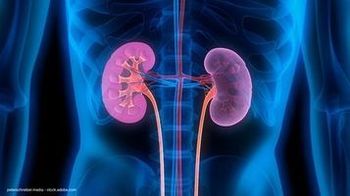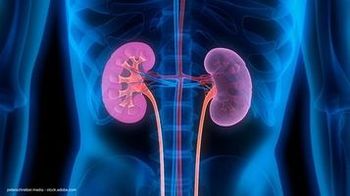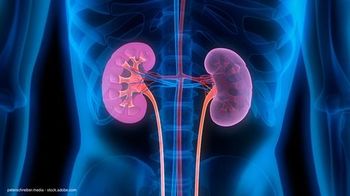
'Lemonade therapy' found effective for some stone patients
Mildly hypocitraturic patients unable to tolerate potassium citratetherapy experience significant increases in urinary citrate levelsand decreases in stone formation rate when they regularly ingest amixture of water and reconstituted lemon juice, researchers fromthe Duke University Medical Center, Durham, NC, reported hereyesterday.
Mildly hypocitraturic patients unable to tolerate potassium citrate therapy experience significant increases in urinary citrate levels and decreases in stone formation rate when they regularly ingest a mixture of water and reconstituted lemon juice, researchers from the Duke University Medical Center, Durham, NC, reported here yesterday.
"Because of its significant citraturic effect and ability to prevent progression of stone disease, 'lemonade therapy' appears to be a reasonable alternative to potassium citrate preparations in select patients with mild hypocitraturia who cannot tolerate first-line therapy," said lead author David Kang, working with Glenn Preminger, MD.
Kang and colleagues compared 12 patients on lemonade therapy with an age- and sex-matched control group of patients treated with potassium citrate. The "lemonade" was actually 120 mL of reconstituted lemon juice mixed with 2 liters of water and consumed throughout each day.
After a mean treatment duration of almost 42 months, 11 of 12 lemonade therapy patients demonstrated increased urinary citrate levels during therapy (a mean increase of 354 mg, pp
Lemonade therapy patients also showed a decreased stone burden, from 37.2 mm2 to 30.4 mm2. Their mean stone formation rate fell from 1.00 stone/patient/year before treatment to 0.13 after.
Newsletter
Stay current with the latest urology news and practice-changing insights — sign up now for the essential updates every urologist needs.





